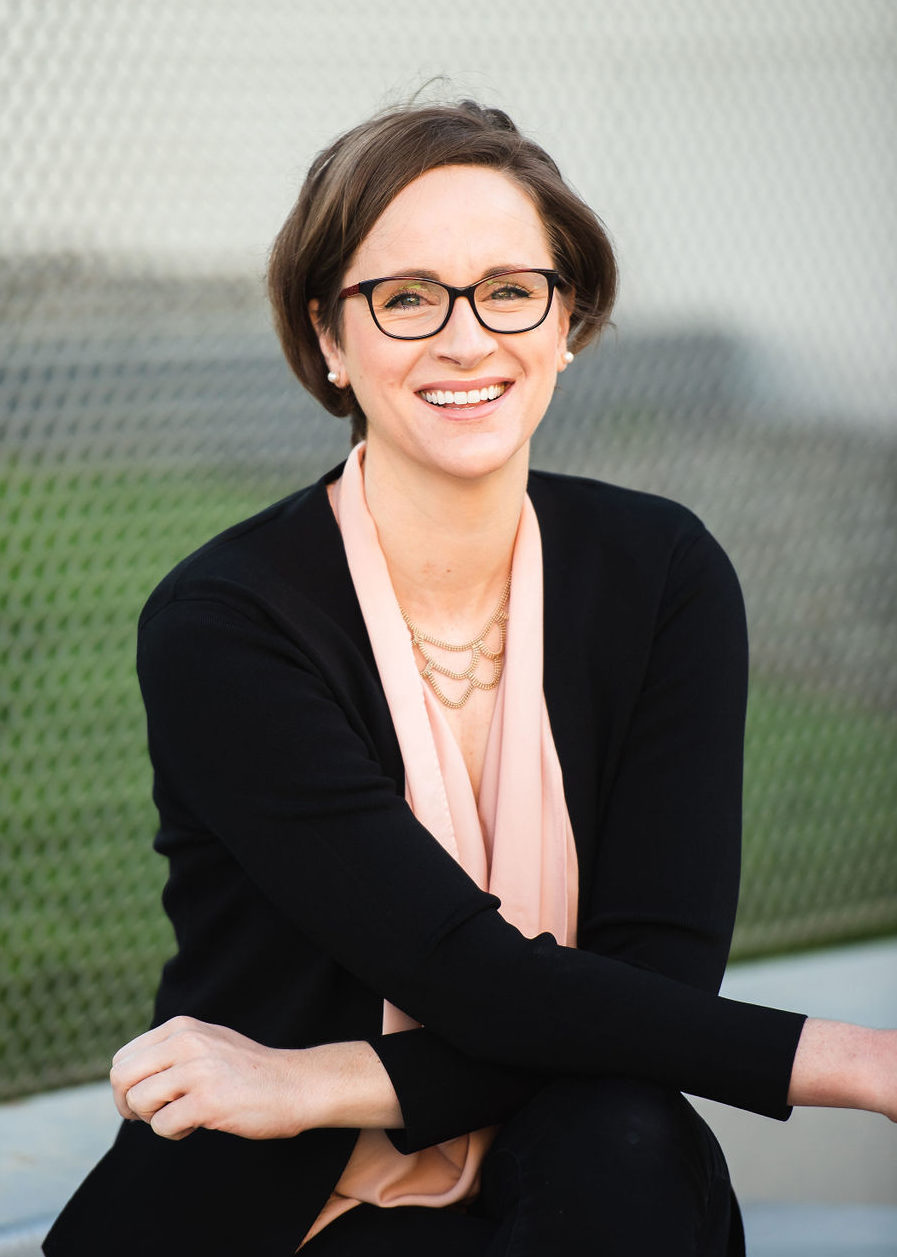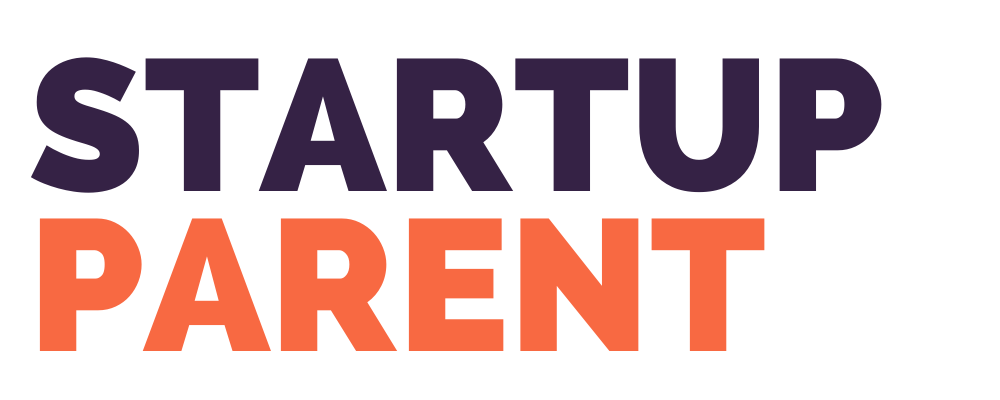Why Are The Stories Of Motherhood So White? — Episode #173 with Nefertiti Austin
Why is default motherhood so white in our cultural storytelling?
In America, the word “mother” is nearly always describing white motherhood. That’s what Nefertiti, a single African American woman and the author of “Motherhood So White,” discovered when she decided she wanted to adopt a Black baby boy out of the foster care system.
Eager to finally join the motherhood ranks, Nefertiti was shocked when people started asking her why she wanted to adopt a “crack baby” or told her that she would never be able to raise a Black son on her own.
She realized that American society saw motherhood through a white lens, and that there would be no easy understanding or acceptance of the kind of family she hoped to build.
Author, memoirist, and mother, Nefertiti Austin writes about the erasure of diverse voices in motherhood. Her work around this topic has been short-listed for literary awards and appeared in the “Huffington Post”, MUTHA, “The Establishment”, mater mea, Essence, “Adoptive Families” magazine, PBS SoCal’s “To Foster Change” and PBS Parents.
She was the subject of an article on race and adoption in “The Atlantic” and appeared on “HuffPost Live” and “One Bad Mother”, where she shared her journey to adoption as a single Black woman. Nefertiti’s expertise stems from firsthand experience and degrees in U.S. History and African-American Studies. She is an alumna of Breadloaf Writers’ Conference and VONA, her first two novels, Eternity and Abandon, helped usher in the Black Romance genre in the mid-1990s.
Listen to the episode on Apple Podcasts, Spotify, Overcast, Stitcher, Castbox, Google Podcasts, or on your favorite podcast platform.

Motherhood So White: A Memoir of Race, Gender, and Parenting in America
She is the author of Motherhood So White: A Memoir of Race, Gender, and Parenting in America, which went on to become an Amazon bestseller.
Nefertiti Austin joins us on the show to talk about motherhood, race, adoption, and the white lens that is applied to motherhood stories in America, and more broadly, in Western cultures today. We talk about being a single mom and her journey from being a law student to becoming a fiction writer to today, her career in nonfiction writing and publishing. We dig into the mistruths around what’s told about being a single mom, adoption, and Blackness.
This show is and always has been about presenting a full spectrum of stories around what it looks like to become a parent. We live in a world where the dominant narratives around parenting don’t match the realities of the lives of real parents around the world. If your default narrative around what a family “should” look like conjures up images of white, married, heterosexual nuclear families, take a listen, because there are so many journeys to parenthood and family, and the dominant narrative of a culture is not always the real truth and lived experiences of our lives.
Motherhood So White
The Startup Pregnant Podcast — Episode #173
In this episode:
- We talk about the stigma against and challenges of adopting from the foster care system in America.
- The backstory behind how Nefertiti made the decision to adopt her children and raise them as a single mother.
- The misconceptions and stereotypes surrounding Black mothers and the additional challenges Black women and mothers face—things that are not experienced by their white peers.
- How she built a supportive community for herself and her children consisting of relatives, friends, and other parents.
- Code-switching across various identities as a mom, worker, adoptive mom, Black woman, Black mother, and more identities.
Quotes from the episode:
NEFERTITI AUSTIN:
- As an adoptive parent, seeking adoption specific resources, everything is really geared towards white parents with children of color. The whole trans-racial adoption is really geared towards supporting white families.
- There’s definitely a lot of negative stereotypes around the children in foster care. The first question is ‘who are these kids?’ Typically, the answer is these are the leftovers, these are the rejects, these are children who are not wanted by their families, which is absolutely not true. Children wind up in foster care primarily for neglect and abuse. There are not enough foster homes. We can start with that: they are not equal and some are better than others.
- I had to very quickly become very educated about what was happening, because I had to be the one to tell the worker, “Okay, we’ve done this, we’ve done that. This is what we need. This is where we are.” It just requires a huge amount of patience and a high-level of being organized. Obviously, we got through it, but that was probably the most stressful part of it. Motherhood has its own stressors as you know, especially dealing with the baby, but it was that on top of these people coming in and out and me being very vulnerable and exposed, until the case was closed.
- I kept my eye on the prize and even the times when I felt frustrated or annoyed by the process, I just tried to keep focused on this isn’t going to last forever. If it’s two years out of a long life, I can do it. We can get through it. It didn’t disrupt our day-to-day. My son and I bonded immediately and it didn’t interrupt us from traveling or spending time with family and friends. We just kept it going, much like through the pandemic. We make lemonade out of lemons. You do what you have to do.
- I could pretty much teach him everything, but not everything. I can’t teach him how to be a man. I was well aware that there would come a time when he was really going to need male influences in his life.
- People have reached out to me because they’ve said, “Oh, I never knew that in the Black community, it’s very traditional for relatives to raise other relatives.” That’s the reason the numbers of Black parents who adopt children are seemingly low.
- I wrote about Murphy Brown and about how her oops pregnancy was celebrated. It was really seen as, “Oh, she’s so strong and she’s powerful and she’s badass.” For women of color, it is the opposite. It’s, “There they go again. See.” She’s promiscuous. She’s poor. She’s uneducated. She’s got to be all of these negative things to be a single parent, as opposed to maybe someone in my case, who’s highly educated, who’s traveled all over the world and has chosen single-motherhood because that fit my lifestyle. To look at me, you can’t tell those other things about me, but I’m a Black woman and I’ve got two children and they’re by two different fathers. I’m looking like I’m just running all the stereotypes right on up the flagpole.
- I’m sure I’ve been underestimated, but I try not to lead with credentials. Every now and then, I’ve had to do that in a way I know my white mom friends have not had to do. It’s largely because I am a single parent. I have to use my $25 words to make it very clear that you are dealing with an equal. If I’m making a statement, or I’m asking you a question, I’m expecting you to give me the best of what you have to offer. I know to do these things. Because of negative stereotypes around Black mothers, especially single Black moms, they don’t get the respect that they deserve.
- I make a point to be a good listener out in the world. I try to be aware of where I am. Same thing with the kids, really teaching them to be mindful of where they are and who their audience is. I think that is inherent in people of color. Moms, we learn to code switch very early, and so I’m definitely a mother who code switches accordingly.
SARAH K PECK:
- The dominant narrative of a culture does not always match the real truths and lived experiences of our lives.
- In my journey of motherhood, I made all sorts of assumptions about what it would look like to become a parent. When I was 28, I probably thought to myself, “Oh, I’ll be able to make it work, because I will just work harder and it will all be fine.” Internally I assumed that this was just a problem of individual priorities and hard work. I didn’t realize how much this was a deep, widespread, systemic failure that isn’t about individuals at all.
- When legislators, politicians, policymakers blame the person for the problem, it enables them to lift their hands and say, “Well, we don’t have to do anything to solve it, because it’s their fault.” It allows for this lack of collective responsibility that’s so problematic instead of saying, “What’s happening here? What are the assumptions we’re making? What’s going on? What are the systemic reasons why we might be able to change, or support, or encourage all humans?” This tendency to blame individuals for collective and communal problems is at the heart of many of our social challenges today.
Episode Sponsor — Nanit, the only baby monitor you need
Baby sleep can be so hard. The Nanit Plus Smart Baby Monitor tracks your baby’s breathing, and has special sleepwear so that you can see that they are safe and know that they are breathing throughout their sleep. If you’ve ever been stressed out overnight or worried about your baby sleeping, this can put your mind at ease, this is a baby monitor that can help you adjust to your new sleep life once you bring that kiddo home. They also provide sleep coaching, training, and a baby monitor all in one. Visit Nanit.com today to learn more about this amazing baby monitor, why people are raving about it, and how it can help you and your little one have a better night’s rest. Startup Pregnant listeners can use code STARTUP at nanit.com to save 10%.
ABOUT THE STARTUP PARENT PODCAST
If you're growing a business, leading a team, or figuring out entrepreneurship and you have kids, this podcast is for you. We go in-depth with founders and entrepreneurial parents about what it really takes to have babies, grow businesses, and get a little bit of sleep. Sign up for the newsletter to get new episodes in your inbox. And leave us a review on iTunes.
Listen to The Startup Parent Podcast on Apple ★ Spotify ★ Google ★ Overcast ★ Stitcher ★ Castbox or wherever you listen to podcasts. Find another podcast player or the RSS feed here.

Sarah K Peck
Founder, Startup Parent
Sarah Peck is a writer, startup advisor, and yoga teacher based in New York City. She’s the founder and executive director of Startup Parent, a media company documenting the stories of women’s leadership across work and family. She hosts the weekly Startup Parent Podcast and Let's Talk, her second podcast. Previously, she worked at Y Combinator backed One Month, Inc, a company that teaches people to code in 30 days, and before that she was a writing and communications consultant.
She’s a 20-time All-American swimmer who successfully swam the Escape from Alcatraz nine separate times, once wearing only a swim cap and goggles to raise $33k for charity: water. She’s written for more than 75 different web publications and and has delivered speeches and workshops at Penn, UVA, Berkeley, Harvard, Craft & Commerce, WDS, and more.
